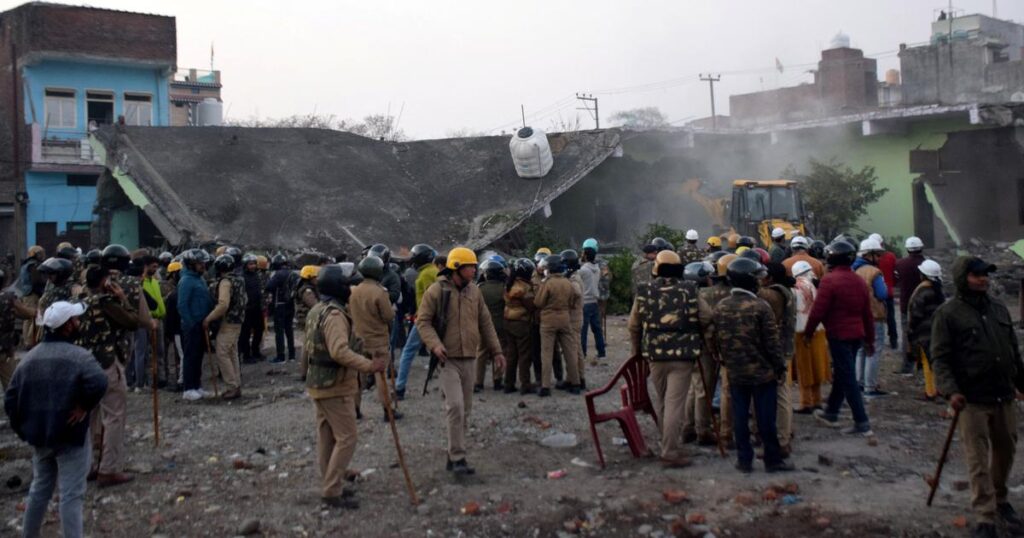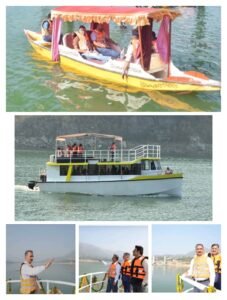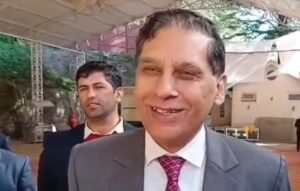Amid Haldwani communal violence over madrasa demolition, Muslims in Himachal Pradesh’s Bilaspur dig up 15 graves of ancestors to make way for strategic Bhanupali-Beri-Leh railway line

TNR Desk
In a display of unity and cooperation, the Muslim community residing in Himachal Pradesh’s Bilaspur has showcased a rare example of development by voluntarily relocating 15 ancestral graves to facilitate the construction of the strategic Bhanupali-Beri-Leh railway line.
Against the backdrop of communal tension gripping Uttarakhand’s Haldwani following the demolition of a madrasa, the residents of Bilaspur have forged a path of harmony and progress. The collective decision to exhume and relocate the graves was reached after discussions between community leaders and officials representing the construction company. The solemn task was carried out on Monday (February 12, 2024) with respect and adherence to Islamic rituals.
The impetus behind this remarkable initiative stems from the necessity to ensure uninterrupted progress in the construction of the railway line, which holds significant strategic importance for India. As construction activities continue unabated in Bilaspur, the seamless cooperation between the Muslim community and project stakeholders has been pivotal in overcoming potential obstacles.
An official involved in the project said, “The challenges encountered in this matter are being effectively addressed. The railway line traverses near the cemetery situated near Luhnu Ground, with a portion of the burial ground intersecting the construction site. Through constructive dialogue and mutual understanding, officials from the railway construction company and members of the Muslim community jointly resolved to relocate the graves obstructing the track. Fifteen graves were respectfully shifted in accordance with Islamic traditions.”
Echoing sentiments of unity and national interest, a Muslim community member underscored the paramount importance of prioritising the country’s development over religious considerations. He remarked, “The railway line represents a crucial project from a strategic standpoint, and its progress should not be impeded by any means.”
The proactive stance adopted by the Muslim community in Bilaspur exemplifies the spirit of inclusivity and cooperation essential for fostering societal harmony and progress. At a time when communal discord grips certain parts of the country, the exemplary gesture from Bilaspur serves as a beacon of hope and solidarity.




